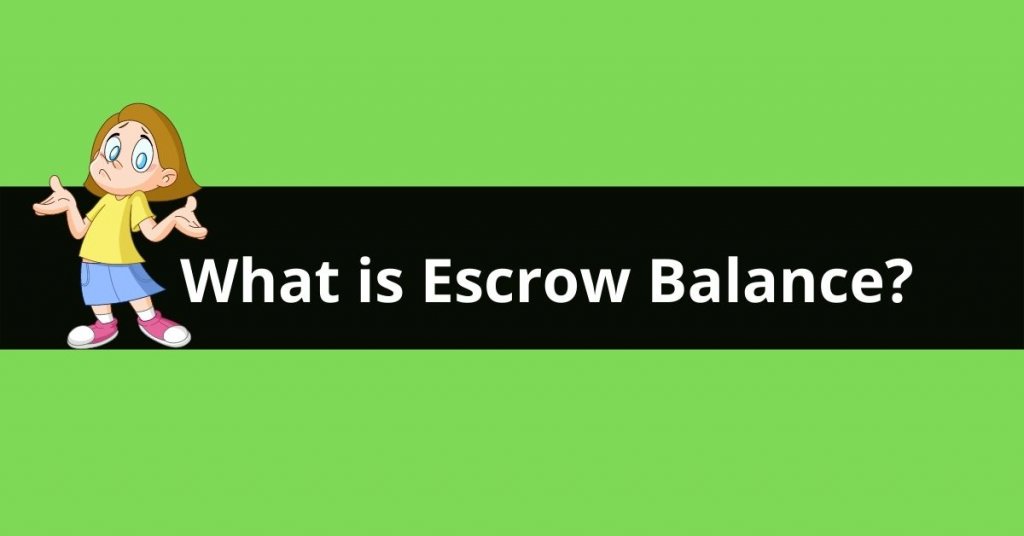An escrow balance is the amount of money a lender sets aside to pay for homeowners insurance, mortgage insurance, future interest, and property tax payments.
As most of these payments are often made on an annual or semi-annual basis, your lender will bundle all of these payments together in an escrow account to be paid alongside your monthly mortgage payment.
When you access your monthly mortgage statement, you will find your mortgage payments separated into three categories:
- Interest Payments
- Principal Payments
- Escrow Payments
Unlike interest and principal, escrow payments don’t count toward the actual debt of your loan. Rather, escrow counts toward the auxiliary services and fees, such as insurance premiums and property taxes that must be paid under law.
Your lender handles payment of your escrow services because it would be difficult for most people to come up with the considerable sum of money required each year to pay for property taxes, semi-annual insurance premiums, etc.
Now that you know what escrow balance is and how it works, lets look over some common questions about escrow balance.
Can I transfer money out of my escrow account?
No, you cannot transfer money out of your escrow account as lenders do not allow homeowners to access escrow funds as they are specifically reserved for timely payments. If you were to fail to pay your monthly escrow balance, you could risk receiving a tax lien on your home or forfeiting any insurance you may have.
To prevent this risk, lenders create an escrow balance to ensure that these services are paid as long as you keep up on your mortgage payments.
There are however instances where the lender has overestimated the amount needed to be escrowed each month to cover the annual escrow payments. In these cases, the lender will either offer you a refund of the excess escrow amount, or roll it over into the next year to be applied to future escrow payments.
It’s diligent to take escrow balances into account when shopping for homes. Research property taxes and get a quote from competing insurance companies to get a realistic outlook of how much your escrow services will cost you each month.
Why does my escrow balance change?
Escrow balances can change due to higher or lower property taxes, as well as higher or lower insurance premiums. Any change to your escrow balance will result in a change in your monthly mortgage payment.
It is important to track the annual changes in the amounts due under your homeowner’s insurance policy and to your local jurisdiction for real estate property taxes. Your lender will conduct yearly reviews and may adjust the escrow portion of your mortgage payment due each month to cover any such changes. If you are not aware of the these changes, you may be surprised by a larger monthly mortgage payment when your lender re-evaluates your escrow account.
To help lower your monthly escrow balance, you could shop around for different homeowners insurance policies to find one that saves you money. Additionally, you can submit an appeal to your tax collector about any new tax assessments you receive on your home to fight for a lower assessment.
Should I pay off my escrow balance first?
No, you likely should not pay off your escrow balance first. It is normally recommended that you pay down the principal on your mortgage first, as you could end up saving money on interest over the course your loan. Furthermore, the more money you pay toward the underlying interest, the more equity your home will build up.
Now you know what an escrow balance is as well as common questions and answers about escrow balances from why they change to if it is a good idea to pay them down instead of the principal when you have extra cash on hand.

